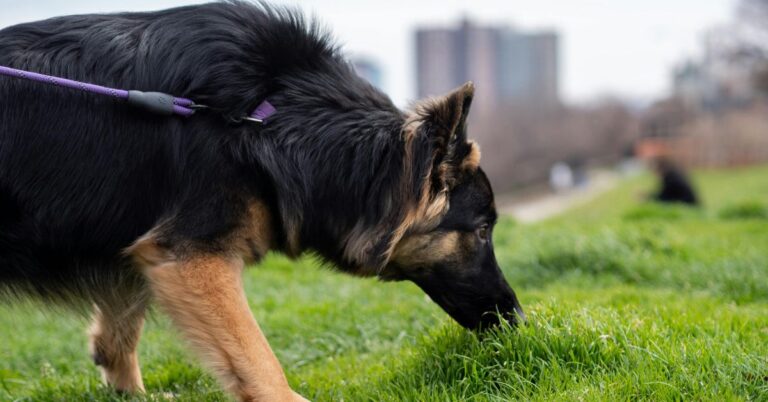15 Mistakes New Puppy Owners Make That Cause Big Problems Later
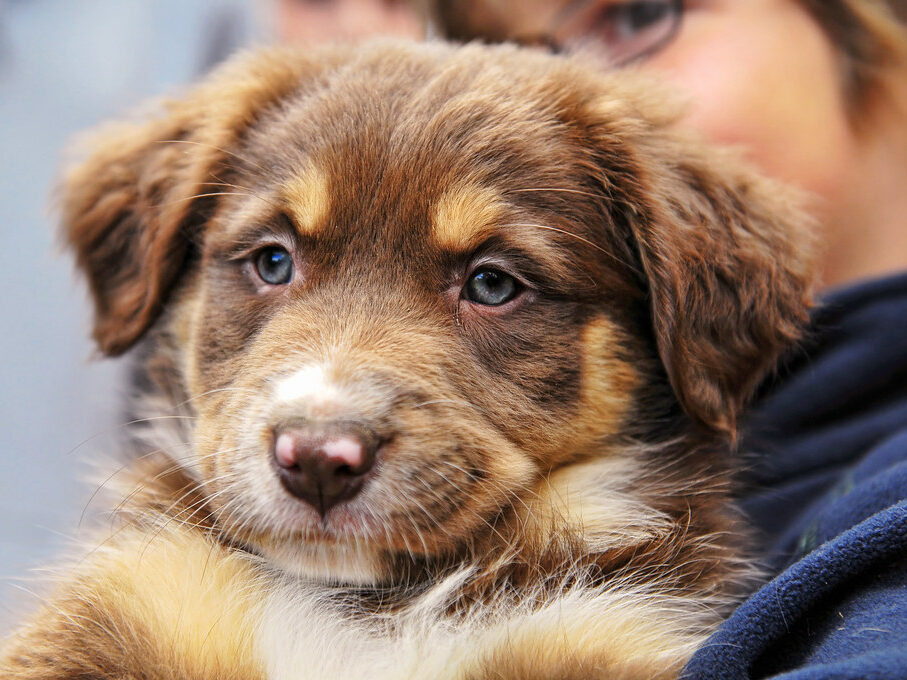
Bringing home a new puppy is exciting, but it can also be overwhelming for first-time owners. With so many new responsibilities, it’s easy to make mistakes that might seem minor now but can lead to bigger issues as your puppy grows. Here’s what to watch out for to give your puppy the best start in life!
Skipping Socialization

Socialization is about giving puppies positive, varied experiences with different people, animals, sounds, and environments. Without early exposure, puppies can develop fears or behavioral issues that are tough to reverse. Start with gentle, controlled introductions to new things—such as different textures (grass, pavement), sounds (vacuum, doorbell), and places.
Not Starting Training Early
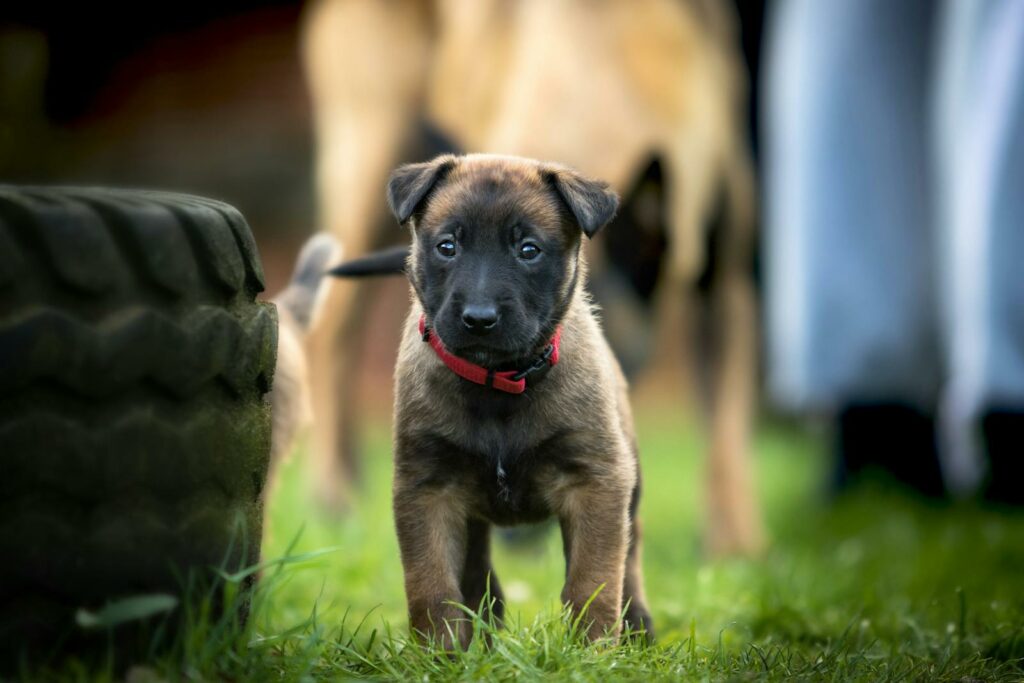
Many new owners assume training can wait, but puppies are highly receptive to learning from day one. Early training sessions teach them basic commands and establish good behavior patterns. Starting training early helps prevent problem behaviors, like excessive barking or pulling on the leash, from becoming ingrained.
Using Punishment-Based Training

Punishment or harsh corrections can make puppies fearful and anxious, often damaging the trust between you two. Instead, focus on positive reinforcement like treats, toys, and praise, which motivates them to repeat good behaviors without fear. Redirection is also key—if they’re chewing on shoes, for instance, guide them to a chew toy instead and reward them.
Neglecting Crate Training
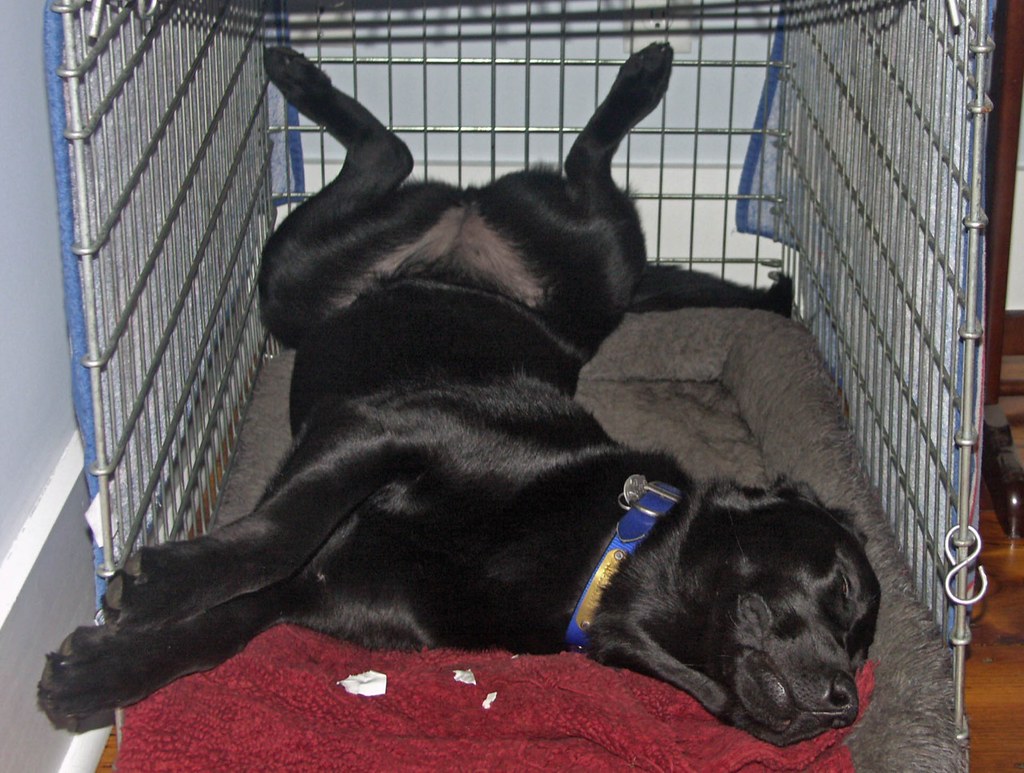
Crates can be valuable for both you and your puppy. When introduced gradually, crates offer puppies a safe, comfortable “den” that makes housebreaking easier, reduces anxiety, and keeps them secure during travel or when unsupervised. By associating the crate with positive experiences—like cozy bedding and treats—it becomes a calming space for your puppy rather than a place of confinement.
Inconsistent Routines
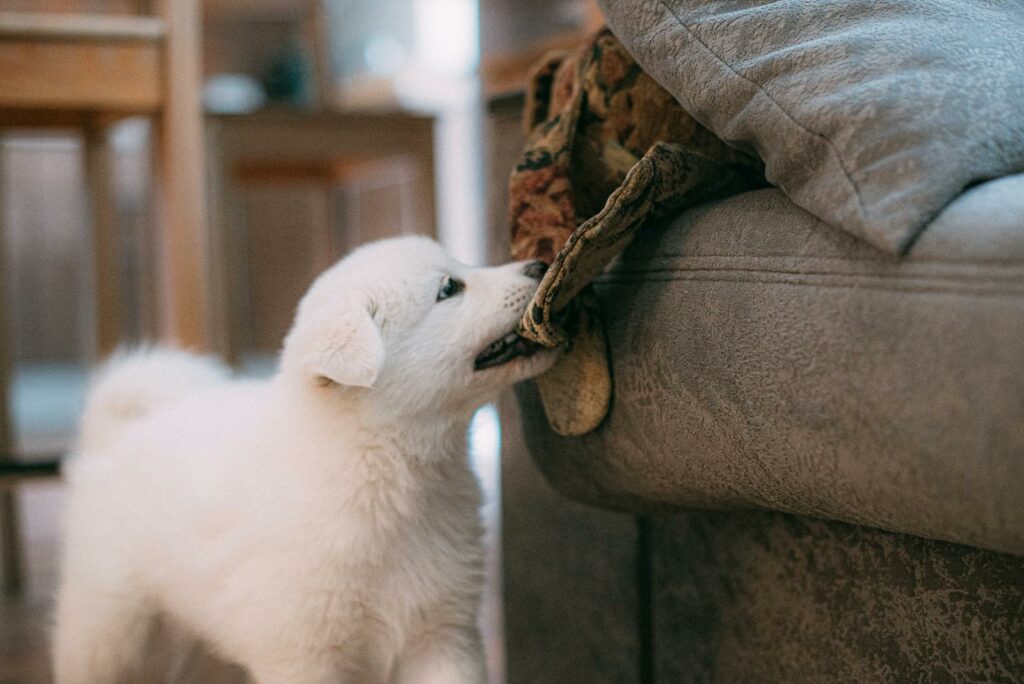
Puppies love structure and inconsistent routines can confuse them, leading to anxiety and setbacks in training, especially with housebreaking. A consistent schedule for feeding, potty breaks, playtime, and rest helps them know what to expect and feel secure. This predictability also makes it easier to manage their needs and behaviors as they grow.
Skipping Basic Health Care

Puppies require vaccinations, regular check-ups, and a balanced diet to grow strong and healthy. Overlooking these essentials can lead to health problems that are costly and preventable. Sticking to a vet-recommended health plan, including parasite prevention and proper nutrition, helps ensure a long, healthy life and prevents many common issues from becoming serious.
Ignoring Dental Care

Many new owners overlook dental hygiene, but neglecting it can lead to dental disease, bad breath, and other costly issues. Getting puppies used to brushing or dental chews early on keeps their teeth and gums healthy. Regular dental care not only supports their overall health but also helps them become comfortable with mouth handling, which is useful for future grooming and vet visits.
Underestimating Exercise Needs
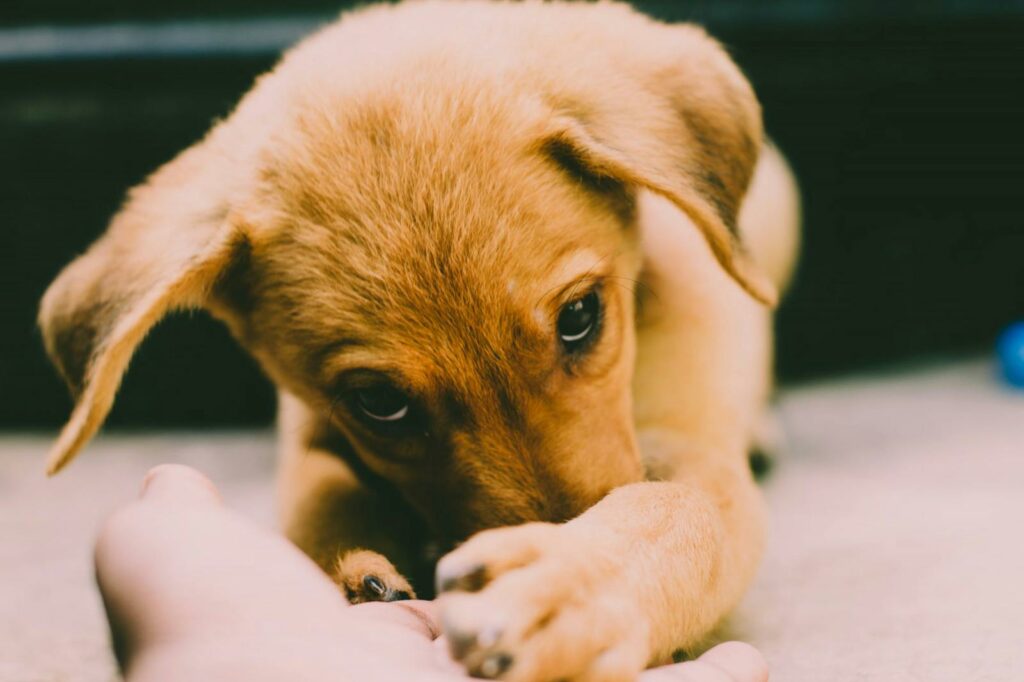
Puppies have high energy levels, and without enough physical and mental activity, they can develop behavioral issues like chewing, digging, or excessive barking. While puppies need more rest than adult dogs, short play sessions, walks, and games that engage their minds help manage their energy levels. This structured exercise helps channel their energy positively and prevents boredom.
Feeding Them “People Food”
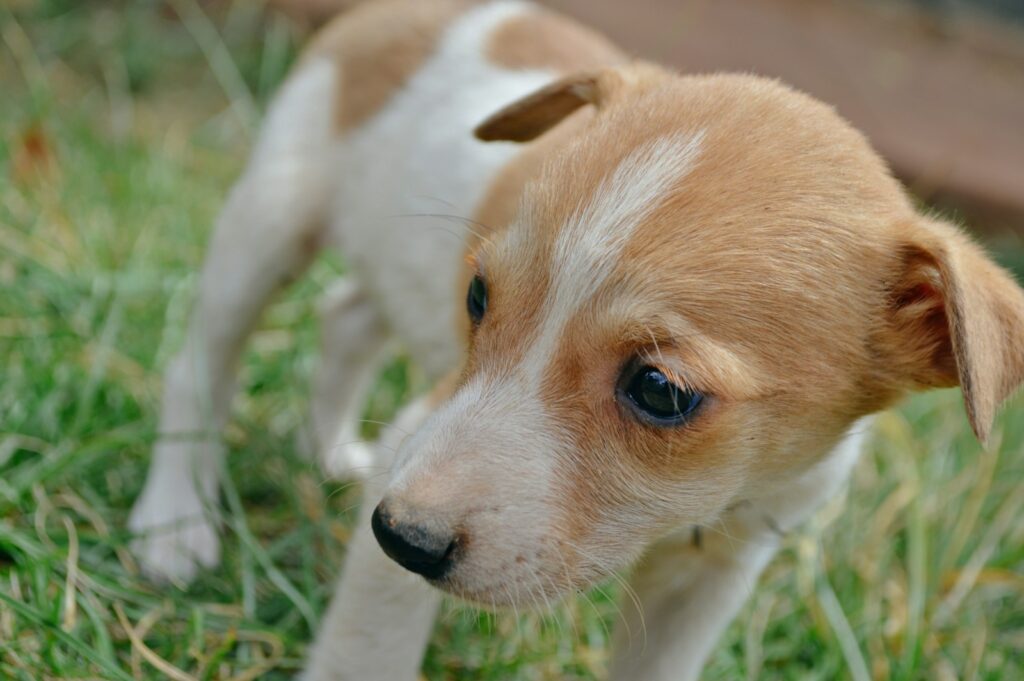
Giving puppies table scraps may seem harmless, but many human foods are dangerous for dogs and can lead to digestive issues, obesity, and even toxicity. Foods like chocolate, onions, and grapes are especially harmful. Sticking to a healthy diet with dog-friendly treats helps establish good eating habits, supports their growth, and keeps them at a healthy weight.
Not Puppy-Proofing the Home

Puppies explore their environment with their mouths, and anything accessible can be chewed or swallowed. Failing to puppy-proof can lead to accidents, injuries, or even poisoning from household items. Securing items like electrical cords, household chemicals, and small objects, as well as keeping valuables out of reach, helps create a safer home for your puppy.
Ignoring Signs of Stress or Anxiety
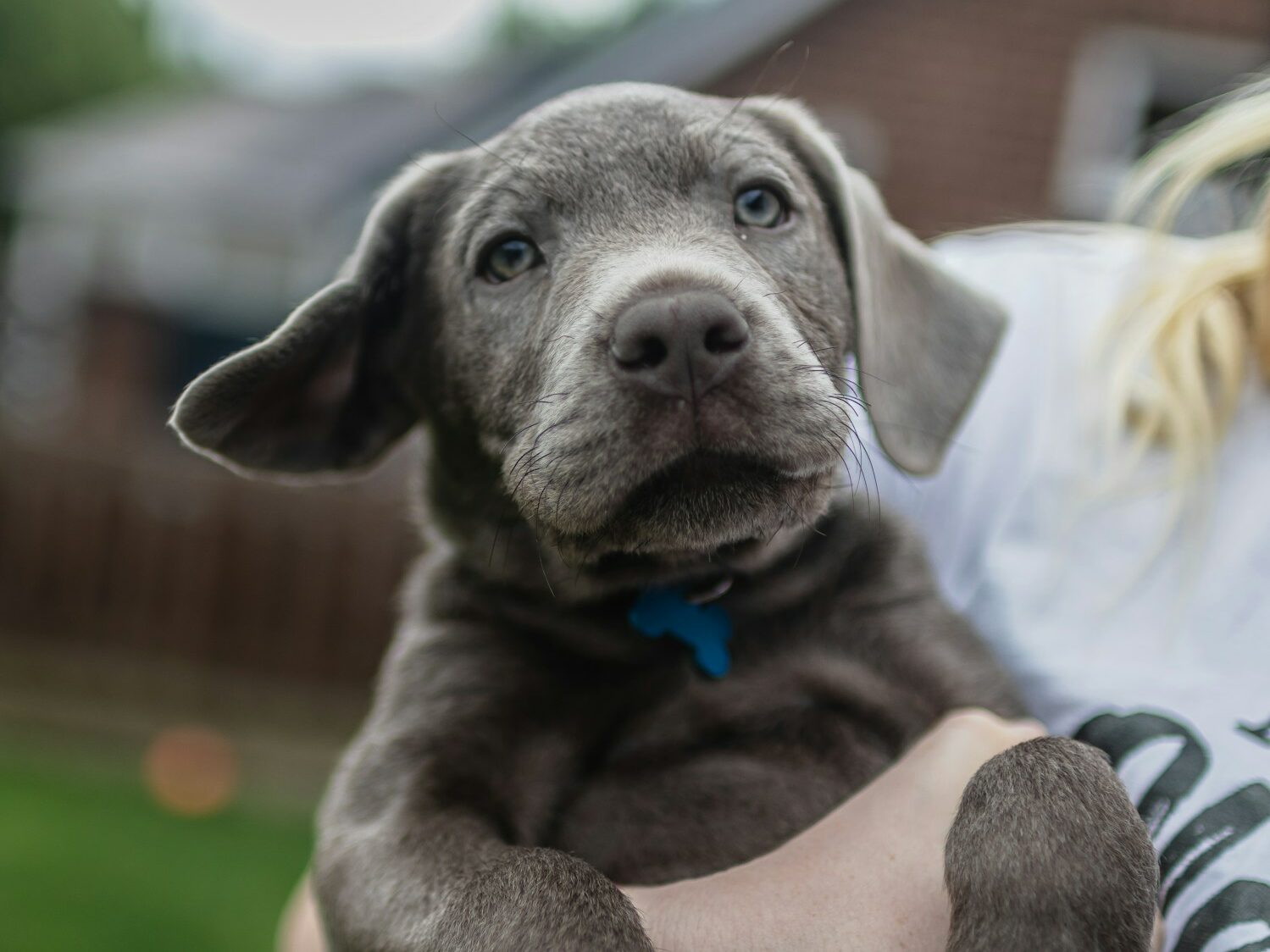
Stress signals like pacing, whining, or hiding may seem minor but can lead to long-term behavioral issues if not addressed. Recognizing signs of anxiety early on allows you to help your puppy feel safe and comfortable. This might mean providing a quiet space, using calming aids, or avoiding overwhelming situations until they feel more secure.
Not Setting Boundaries Early On
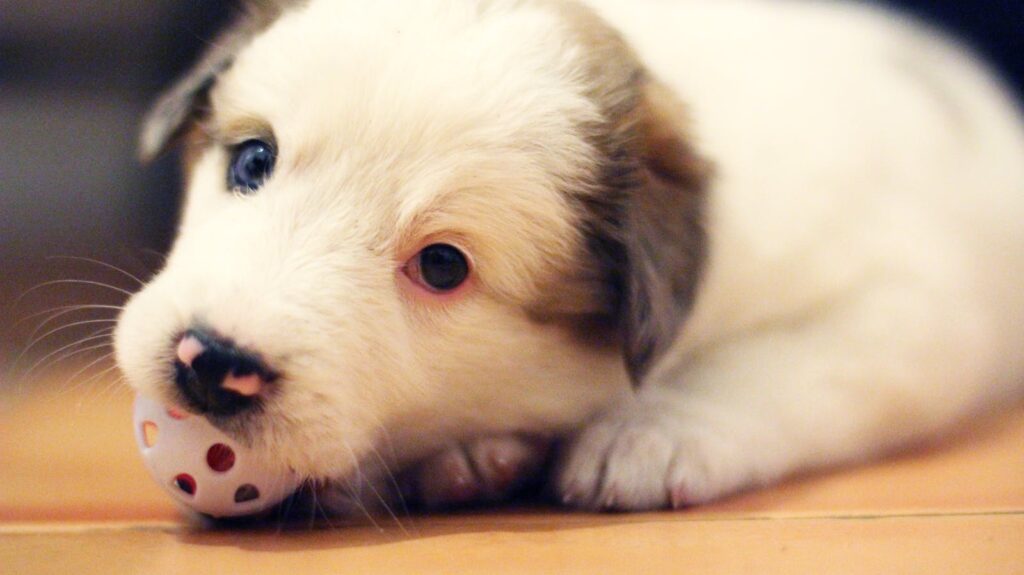
Allowing puppies to jump on people, nip, or beg may seem cute when they’re small, but these behaviors become harder to correct as they grow. Setting boundaries and gently reinforcing rules helps teach them what’s acceptable, making it easier to manage their behavior as adults and creating a safer, more respectful environment.
Overdoing It with Treats

Treats are great for rewarding good behavior, but too many can lead to weight gain and a dependency on food rewards. Over time, this can create an unhealthy cycle where puppies only respond when food is involved. Using other rewards like praise, petting, or toys helps maintain balance and keeps your puppy motivated without risking their health.
Leaving Puppies Alone Too Long
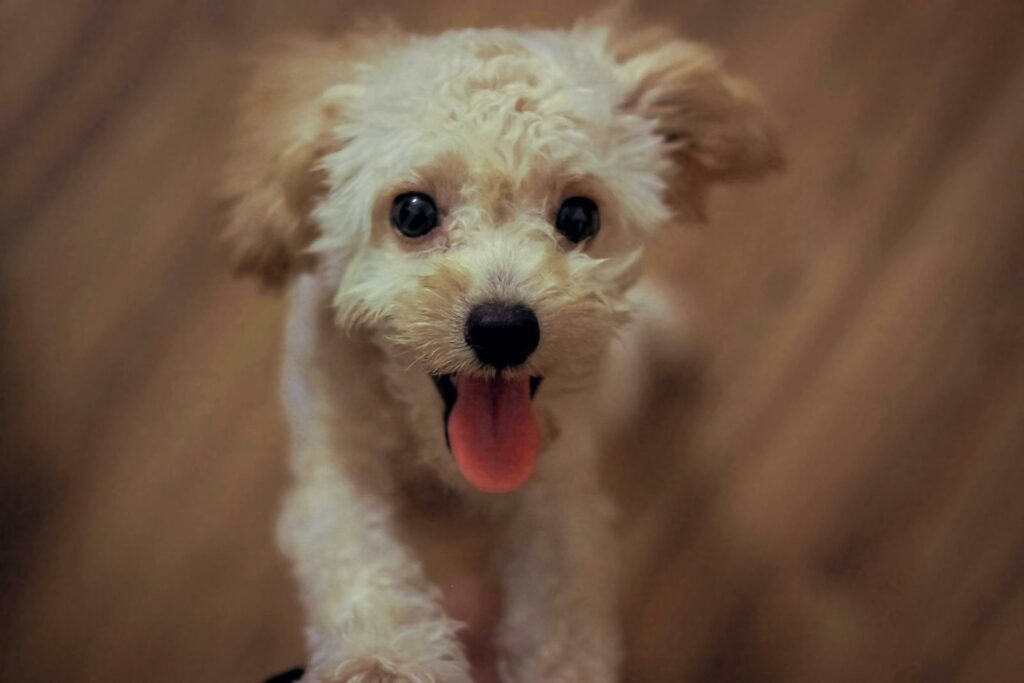
Puppies need regular bathroom breaks and social interaction, and leaving them alone for too long can lead to accidents, destructive behavior, and separation anxiety. Gradually increasing alone time while providing engaging toys or puzzles helps them feel secure and builds independence without overwhelming them.
Expecting Too Much, Too Soon

Training a puppy takes time and patience, and expecting them to learn everything quickly can lead to frustration. Rushing can create stress for both of you, while a calm, patient approach builds confidence in your puppy. Celebrate small wins and remember that consistent, positive reinforcement will pay off as they grow into a well-behaved adult.


